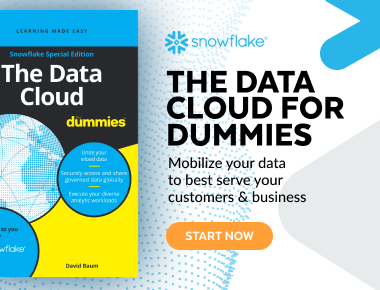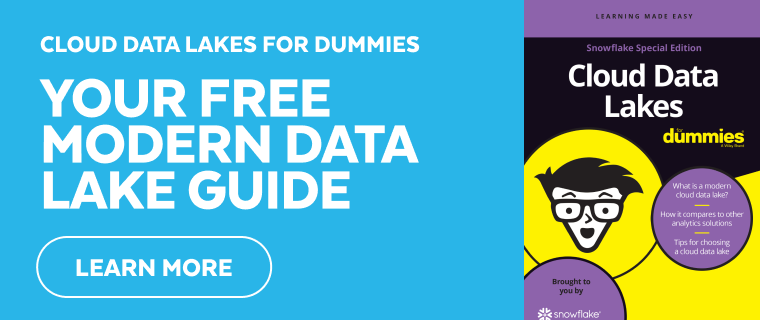Cloud Data Architecture
Cloud data architectures contain the rules, models, and policies that define how data is collected, stored, used and managed in the cloud within a business or an organization. Cloud data architectures manage the flow of data and how that data is processed and distributed across stakeholders and other applications for reporting, analytics, and other uses.
Businesses and organizations collect more and more data every year, from new digital streams to IoT. In this environment, data platforms built on cloud data architectures are replacing more traditional data platforms, which are struggling to handle exploding data volumes and more demanding applications from end users such as machine learning and AI.
Snowflake and Cloud Data Architecture
Snowflake’s AI Data Cloud and architecture provides full relational database support for today's diverse data types, from structured data (tables, CSV files) to semi-structured data (JSON, Avro, Parquet, etc.), all within a single, logically integrated solution. Snowflake provises a robust data warehouse-as-a-service (DWaaS) offering, which requires near-zero management and features separate compute, storage, and cloud services that can independently scale up, down, or out to meet changing business requirements.
Compatible with preferred Business Intelligence and ETL (Extract, Transform, Load) tools, Snowflake's cloud data architecture supports enterprise-wide data workload requirements with virtually unlimited concurrency.
Test-drive Snowflake today: Register today for a Snowflake trial and get $400 worth of usage to try Snowflake's unique cloud data architecture and platform in your work environment; no commitment required..

